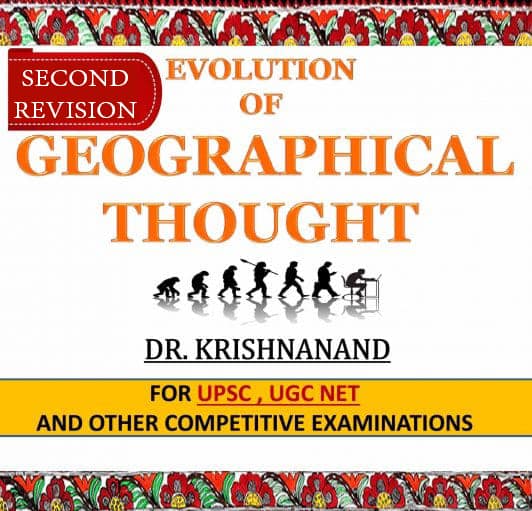Geographical thought is a dynamic and evolving field of study that has developed over time. It refers to the way humans have tried to understand the world around them, from the earliest maps to modern geographic information systems. The Evolution of Geographical Thought is a critical aspect of the study of geography, and it is essential to understanding the roots and evolution of this field of study.
Early Geographical Thought:
The history of geographical thought dates back to the ancient Greeks, who developed the concept of the Earth being a sphere. Eratosthenes was one of the first scholars to accurately measure the Earth’s circumference in 240 BC. During this time, Ptolemy developed the first world map. Geographical thought continued to evolve during the Islamic Golden Age, with scholars such as Al-Idrisi creating more detailed maps.
The Age of Exploration:
The Age of Exploration marked a significant development in geographical thought, as European explorers began to discover new lands and develop new maps. The 15th and 16th centuries saw the development of the Mercator projection, which revolutionized navigation. The discovery of the Americas and the circumnavigation of the world by Magellan also marked significant developments in geographical thought.
The Scientific Revolution:
The Scientific Revolution of the 17th century marked a significant shift in geographical thought. Galileo, Kepler, and Newton developed theories that explained the movement of planets and stars, which had a profound impact on cartography. The use of telescopes and the development of precise astronomical measurements contributed to the development of more accurate maps.
Modern Geographical Thought:
The 19th and 20th centuries saw significant developments in geographical thought. Advances in technology, such as aerial photography and satellite imagery, have contributed to the development of more accurate and detailed maps. Geographic Information Systems (GIS) have revolutionized the field of geography, allowing for the creation of complex maps and spatial data analysis.
Conclusion:
The Evolution of Geographical Thought is a fascinating and dynamic field of study that has evolved over time. The earliest maps and theories have laid the foundation for the development of modern geography, with significant contributions from explorers, scientists, and technological advancements.

